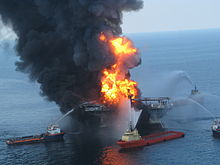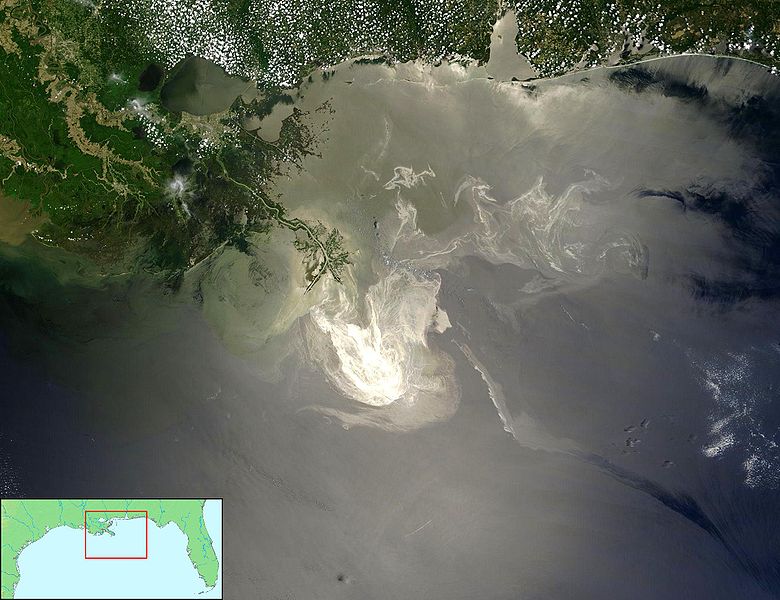
Risk Management Data
Statistics & Risk Management
All organizations are concerned with risk. Its an integral part of every business. Those concerned with risk can include economists, insurance agents, financial managers, engineers, lawyers, the public and many more. The direction of the organization is often decided by what risk management believes will be the best plan of action to avoid risk. Organizations should be proactive in nature. Management needs to be prepared to deal with problems and not wait and have to scramble after a incident occurs. Being proactive will give management more control and make dealing with problems easier. This is because options are usually greater before the problem occurs rather than after. For example, a business can insure itself before a disaster happens but not after. One disaster can destroy a business and end it. Basically, risk management helps the business make the right moves in order to protect itself against bad things happening.

BP Gulf Oil Spill of 2010
Risk is all around us. Natural disasters are among the most visible and obvious risk, and they can have devastating financial consequences. For example, if a business has locations in Florida, they may be likely to encounter hurricanes. In California earthquakes are frequent. Take British Petroleum (BP) as an example. BP is one of the world's leading international oil and gas companies, providing its customers with fuel for transportation, energy for heat and light, retail services and petrochemicals products for everyday items. BP has transformed: growing from a local oil company into a global energy group; employing over 80,000 people and operating in over 80 countries worldwide. With oil rigs and pipelines all over the world, risk is one thing this company experiences everyday. With the Gulf oil spill of 2010, there were all types of issues with risk. The Gulf oil spill is the largest accidental marine oil spill in history. It flowed for more than three months. The explosion that caused the spill killed 11 men and injured 17. The spill released 4.9 million barrels of crude oil. Oil companies do take many precautions to try to avoid risk, and in this case there were systems in place to prevent an explosion. BP did have insurances policies in place. Of course this did not prevent the blowout and the financial impact to the company and surrounding areas. Since the spill, BP has created a new safety and risk division to help avoid risk. According to BP, the new Safety & Operational Risk function will have authority to intervene in all aspects of BP's technical activities. It will have its own expert staff embedded in BP's operating units, including exploration projects and refineries. It also will be responsible for ensuring that all operations are carried out to common standards and for auditing compliance with those standards.
There can be severe consequences involved when risk is not managed correctly. Management employs different risk strategies and techniques in order to minimize risk. But note the word 'minimize' - avoidance is not a word you'll see in the field of Risk Management. Minimize, mitigate, and manage (the three M's) are more likely adjectives. Below is a picture of a oil slick from the Gulf oil spill of 2010 provided by NASA which demonstrates exactly why a company should employ risk management strategies and techniques.

The oil slick as seen from space by NASA's Terra satellite on May 24, 2010